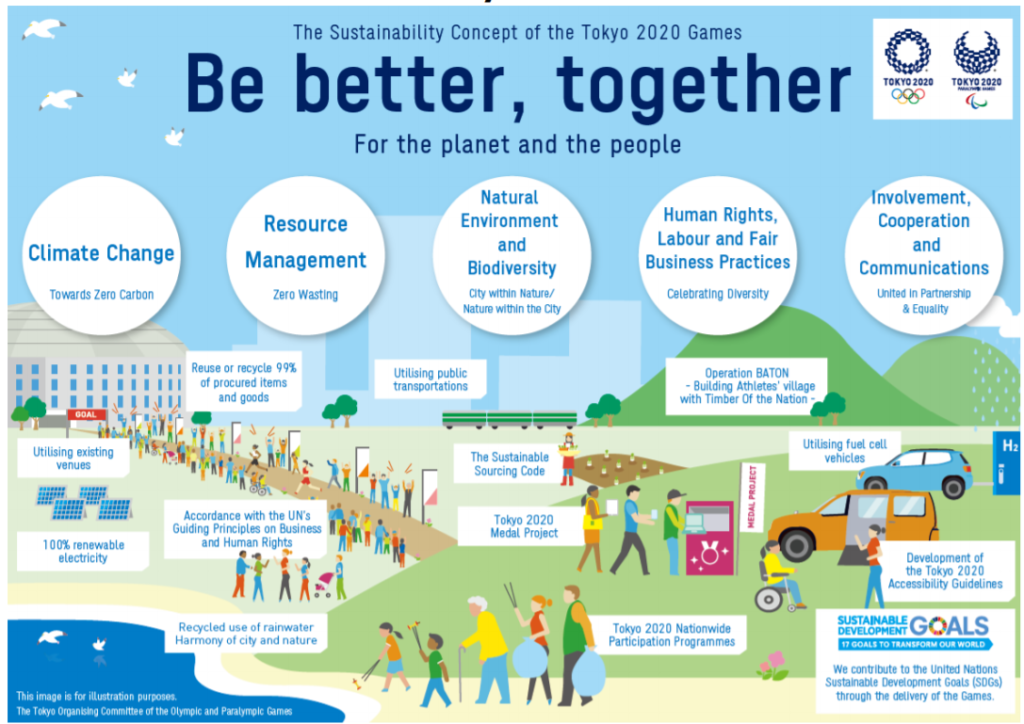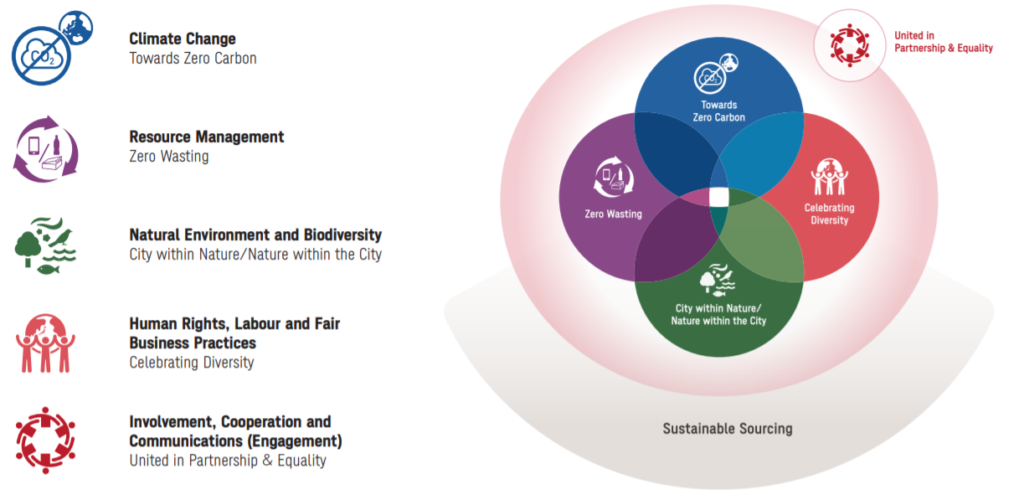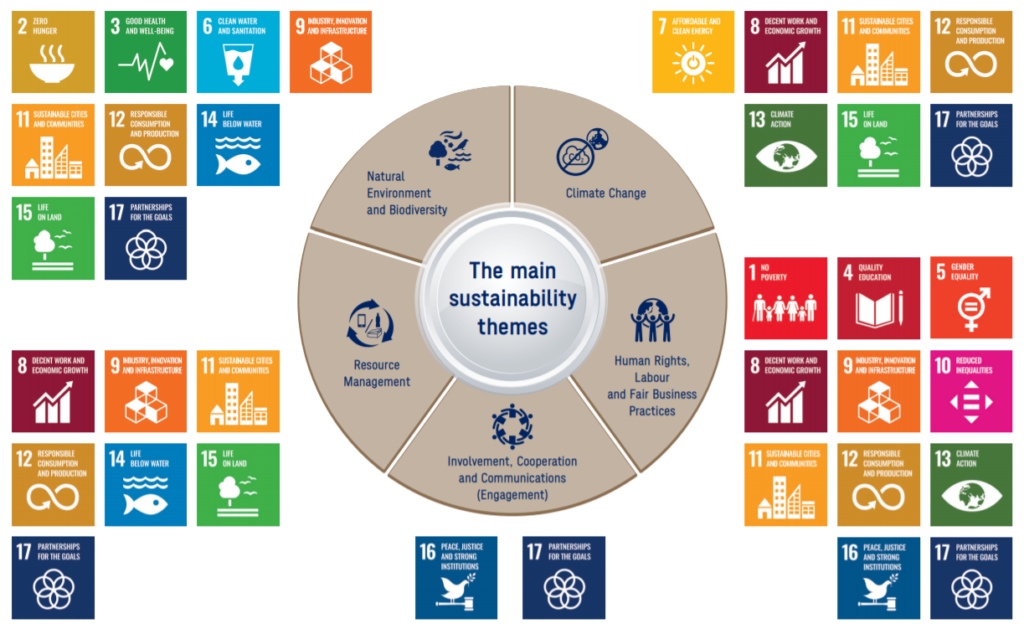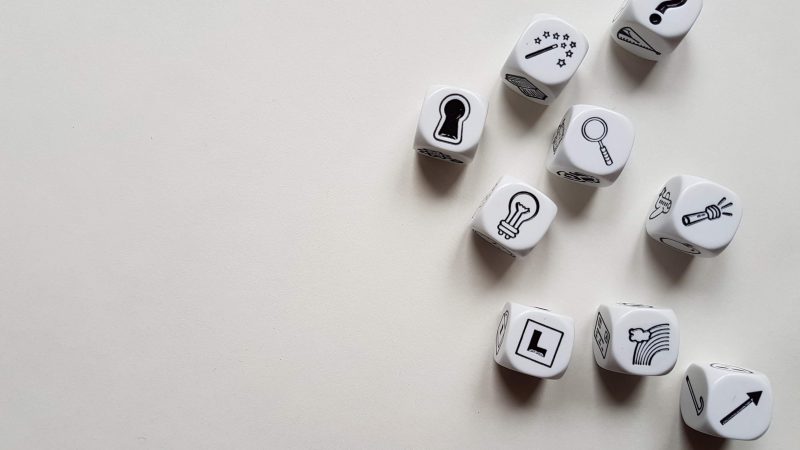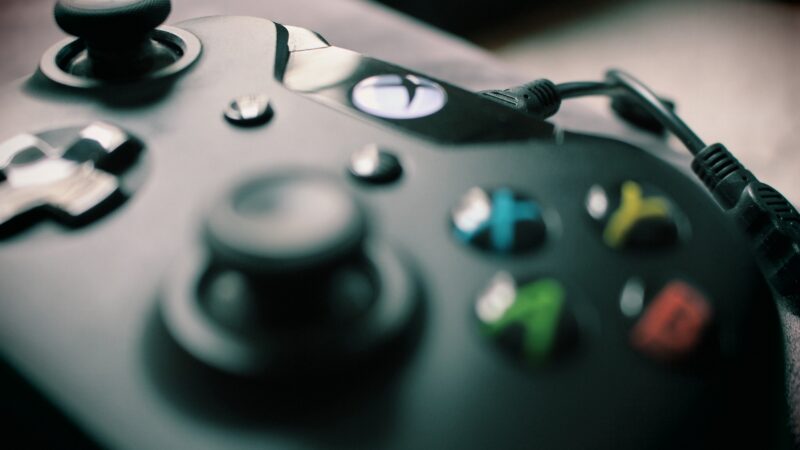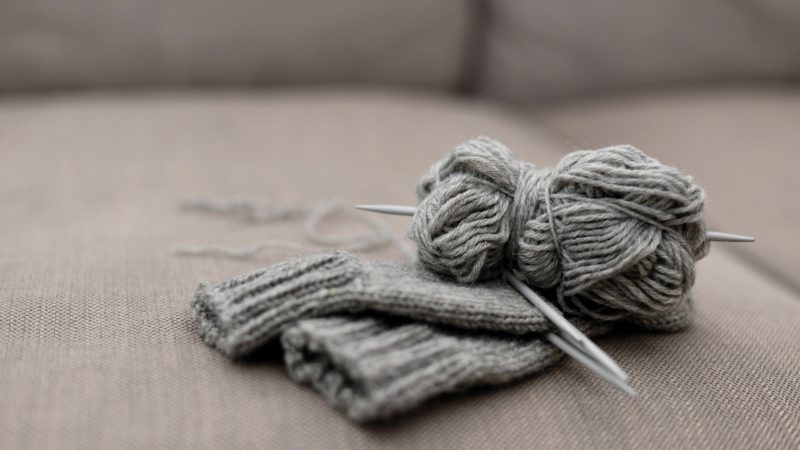Road to Tokyo 2020, the most sustainable Olympics ever12 min read
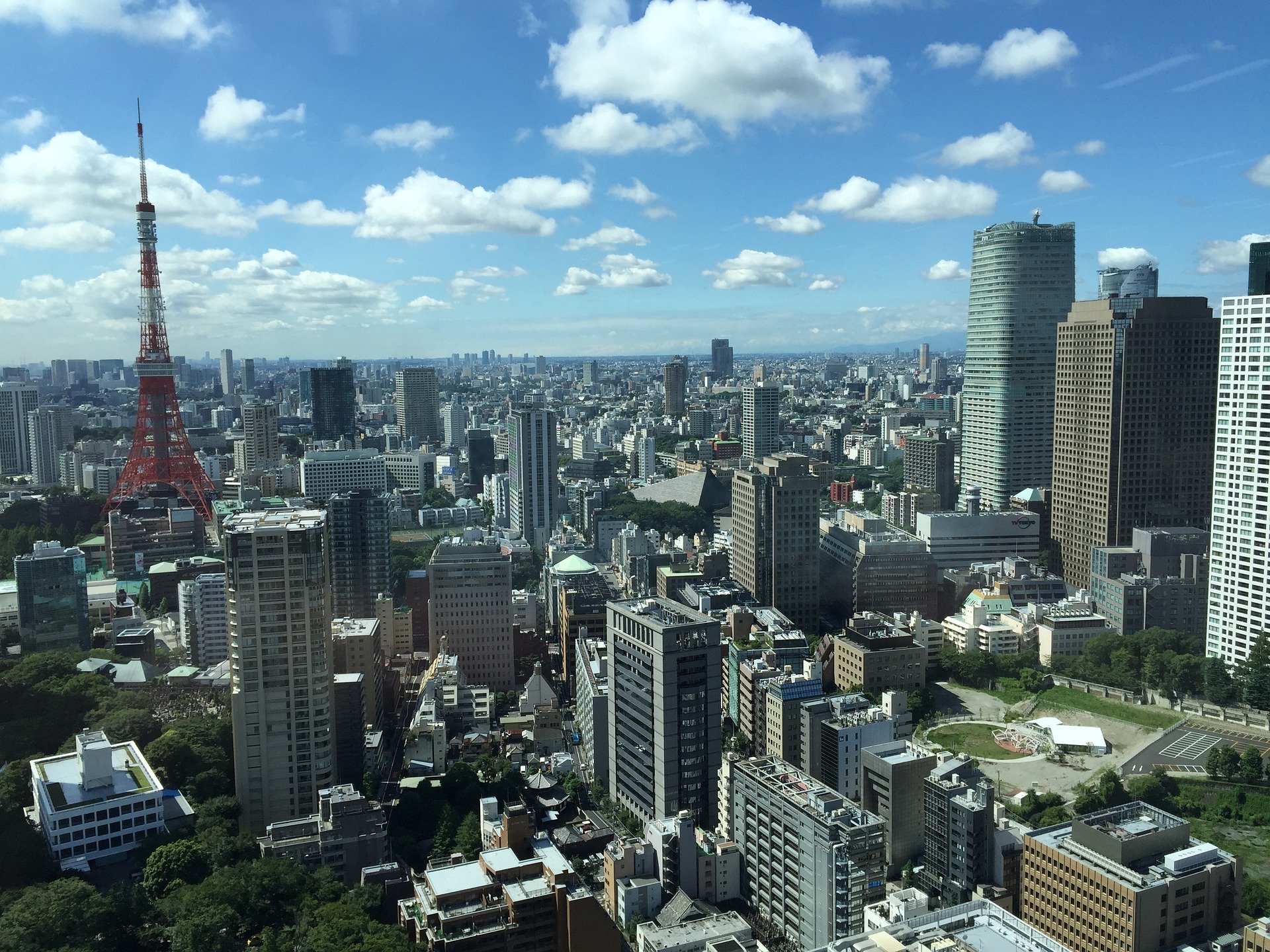
The Tokyo Olympic Games originally scheduled to begin in late June this year, will now take place from July 23 to August 8, 2021. Likewise, the Tokyo Paralympics Games will now take place from August 24 to September 5, 2021.
One of the main events of 2020 – like others more – has been postponed for a year due to the coronavirus outbreak.
Despite that, Tokyo 2020 games aim to be the most sustainable Olympics ever.
Zero emissions, recycled materials, promotion of diversity, and accessible mobility: here are a few Tokyo 2020 objectives and initiatives to host sustainable, inclusive, and innovative Olympics and Paralympics like never before.
Olympics Games and Sustainability
The Tokyo Organizing Committee of the Olympic and Paralympic Games (Tokyo 2020) has identified five main themes for prioritizing sustainability in the Games.
These themes were selected in light of global trends, such as the SDGs, with the goal of making the Games a positive force for solving important social issues. Sustainability in procurement and in the supply chains of procured goods and services are crucial areas of action in addition to direct Games activities, because of the many goods and services that are needed to hold the Games. Like the SDGs, these themes are interconnected, so the implementation of these themes follows a holistic approach that takes environmental, social, and economic factors into account.
The main sustainability themes and initiatives of the Tokyo 2020 Games are closely tied to the SDGs and targets of “Transforming our world: the 2030 Agenda for Sustainable Development” adopted by the UN General Assembly in September 2015.
Climate change
100% renewable energy use through various initiatives: The target is to achieve 100% renewable energy use for electricity used to run the Games, via procurement from renewable energy sources and use of tradable green certification system, etc. For renewable energy sources, the aim is to use power generated in Tohoku and other regions, based on the concept of the “Reconstruction Games”.
Hydrogen energy use, to create a hydrogen-based economy: Aside from adopting FCEVs for the Games, hydrogen will be used as a fuel for both the Olympic and Paralympic Cauldrons and the Torches during part of its journey through Japan. TMG is using hydrogen energy as an energy source in some facilities in the Olympic/Paralympic Village. Through the Games, there is a commitment to helping create a hydrogen-based economy.
Pursuit of low-impact transportation: Aside from minimizing the number of passenger cars used in the Games, the plan is to introduce FCEVs and PHEVs. This is projected to result in average CO2 emission intensity of less than 80 g-CO2/km for 2,700 passenger cars used for the Games. For route buses in the Olympic/Paralympic Village as well as aid and rescue vehicles around the venues, there is the adoption of BEVs that do not emit CO2 and other gases when running.
Carbon offsetting for unavoidable carbon emissions: Offset CO2 generated even after taking avoidance and reduction measures. TMG and Saitama Prefecture are accepting applications for credits. So far, many businesses and organizations have been donating credits. A portion of the credits collected will be allocated to the Tokyo 2020 Games.
A legacy of activities of CO2 reduction by citizens: Promoting activities of CO2 reduction by citizens at the Tokyo 2020 Games. Spreading the word on initiatives by local governments and citizen groups, along with data on their carbon reduction. Through this work, advocate carbon reduction to the wider public and encourage their active and long-term participation in such initiatives
Resources management
Use of recycled materials for symbolic goods of the Games: Actively carried out initiatives that use recycled materials. This is the legacy of the Tokyo 2020 Games toward a sustainable circular economy.
Reduction of single-use plastics, a global issue: Actions to cut single-use plastic containers and packaging that may cause marine pollution is increasing worldwide. At the Tokyo 2020 Games, the plan is to work on the 3Rs (Reduce, Reuse, Recycle). Undertaking initiatives to increase the use of recyclable paper containers for serving meals to spectators, as well as the adoption of reusable or recyclable tableware made of paper or other materials for food and beverages served at the Olympic/Paralympic Village
Pursue reuse and recycling of procured items: 99% target rate of reuse (including rentals and leases) or recycling of procured items Items for use at the Games are first procured through rentals or leases to the maximum extent possible. Then, using a system developed to consistently manage everything from procurement to disposal of each of these items. To pursue their reuse and recycling, established the Reuse and Recycling Guidelines to secure recipients for resale and reuse beforehand with the cooperation of related entities.
Natural environment and biodiversity
Heat-related measures: In partnership with the national government and TMG, advancing heat management measures for spectators, Games staff, athletes, and media. At test events held in summer 2019, trialed measures verified results, and identified issues. Continuing to prepare more effective measures for the Games period.
Water circulation during the Games: A water quality and temperature study conducted at Odaiba Marine Park, the venue for marathon swimming and the triathlon, in summer 2019 detected days, when measurements were taken in an area partitioned by underwater single-ply screens, exceeded quality criteria due to the effects of rain. For the Games, the plan is to install triple-layer screens, which are more effective.
Improving water environment functions in the city: In order to improve the water environment, TMG is installing wastewater treatment facilities that will reduce pollution loads during rainstorms as well as advanced wastewater treatment facilities that will improve the quality of treated water. Water quality in the Tama River had once deteriorated, but populations of upstream-migrating ayu (sweetfish) have grown due to improved water quality by installing a sewerage system. Continuation of working with various stakeholders to improve the water environment functions in the city.
City and venue greening: In addition to conserving existing trees whenever possible, also transplanting existing trees and planting new, native trees as consideration for biological diversity. Also systematically pruning roadside trees to encourage growth and provide better shade along venue access routes.
Creating a landscape of flowers and greenery: TMG is partnering with private organizations and local municipalities to color the streets with flowers ahead of the Games.
Nature restoration and biodiversity protection: Kasai Marine Park, adjacent to the Kasai Canoe Slalom Centre, was designated as a wetland under the Ramsar Convention in October 2018. TMG will further promote natural conservation and sustained utilization of this coastal wetland in accordance with the Convention’s “wise use” concept.
Resource consumption to conserve biodiversity: Calling on the entire supply chain to pursue sustainability by preventing environmental pollution and conserving biodiversity, for example. For the procurement of agricultural and marine products, the national government and TMG are promoting expanded GAP implementation and certification by businesses.
Human rights, labour, and fair business practices
Diversity of Tokyo 2020 staff: Tokyo 2020 is a diverse organization made up of directly employed staff; secondees from the national government, TMG, and other local governments; secondees from sponsors and other private companies and organizations; and people from other backgrounds.
Diversity of Games staff: During the Games, the Field Cast, a highly diverse group of people composed of Tokyo 2020 employees, contractors, and Games volunteers, will serve an important role in ensuring that the Games reflect D&I principles. In order to recruit approximately 80.000 Games volunteers, invited applications at university and municipal events across Japan, and at organizations for people with impairments, for example. As a result, received more than 200.000 applications worldwide. Held orientations and interviews in 11 prefectures across Japan and also held video calls for residents outside Japan to make their participation easier. At orientation venues, supported applicants by using multiple languages, including sign language, and communication tools, and by providing day-care service for applicants’ children. Group training sessions are now underway ahead of the Games for the volunteers selected.
Realizing D&I in Games operations: In all aspects of the Games, including medicine, food, security, and athlete support, the operations and services will reflect D&I principles. Games plans that incorporate D&I:
– Food diversity (e.g., Halal and vegetarian menus);
– Multi-faith spaces, multifunctional restroom, assistance dog toilets (for spectators, athletes, Games staff);
– Women athletes’ department (Olympic/ Paralympic Village polyclinic);
– Spectator security checkpoints (wheelchair users, same-sex accommodations, etc.);
– Uniform designs (Games staff and related personnel).
Human rights management: To ensure a firm response to discriminatory behavior and harassment during the Games, particularly at competition venues, developed organizational structures and formulating guidelines related to detection and initial response as well as implementing hands-on training. Encourage spectators to help us in creating an atmosphere that celebrates D&I.
Ensuring accessibility: Working with the national government, TMG, relevant local governments, public transport companies, airports, accommodation facilities, and other entities to ensure accessibility through mobility, information, and venue facilities based on the Tokyo 2020 Accessibility Guidelines.
Involvement, cooperation, and communications (engagement)
Tokyo 2020 Medal Project: This project is promoting the shift to a circular economy by manufacturing the Olympic and Paralympic medals using metals extracted from consumer electronics collected across Japan, a process called urban mining. Thanks to public participation, obtained enough metal to produce all 5.000 medals. The Ministry of the Environment and local governments are working to popularise the recycling of consumer electronics as a legacy of the Games.
Recycled Plastic Podium Project: With marine plastic pollution posing a global challenge, this project will fabricate the medal podiums from post-consumer plastic collected in Japan, offering a new model for using single-use plastic.
Tokyo 2020 Recovery Monuments: This project will facilitate communication between athletes and communities devastated by the 2011 Tohoku earthquake and tsunami. Monuments bearing messages of appreciation and encouragement from Tohoku communities will be installed at Games-related facilities. After the Games, monuments bearing athletes’ signatures will be installed in affected communities. High school students in Tohoku helped in deciding the designs. The monuments will be made from recycled aluminum previously used in temporary housing in the three affected prefectures.
Partnering with the United Nations: To promote the role of sport in the SDGs, signed a Letter of Intent with the UN in November 2018. In April 2019, delivered a message on the sustainability of the Games on the International Day of Sport for Development and Peace (IDSDP).
Partnerships with other entities: Initiatives with Games partners, local governments, and other stakeholders include:
– Upcycling Look of the Games decorations by reprocessing them for reuse;
– “Sorting navigators” to help spectators sort their waste at Games venues (TMG);
– Installing Seabins to collect marine waste at Enoshima Yacht Harbour (Kanagawa Prefecture).
Youth education and participation: Educating the next generation on sustainability and creating opportunities for their involvement through the Olympic and Paralympic Games.
Promoting understanding and action: Publicising sustainability initiatives to drive sustainability awareness and action.
Communicating during the Games: Communicating with spectators about sustainability through the Games website and other media, urging them to take actions, such as sorting waste at venues. Also, stage a cultural program dedicated to “Towards the realization of inclusive society” at the Tokyo 2020 Nippon Festival.
Sustainable sourcing
Development of Sustainable Sourcing Code: Before goods and services are provided, there are many stages in the supply chain, from the collection of raw materials to processing and distribution. Developed the Sustainable Sourcing Code, which requires sustainability initiatives such as consideration for the global environment, respect for human rights, and a safe work environment in the supply chain of goods and services to be procured for the Games.
Review of the status of initiatives by suppliers and licensees: Working on the review of sustainability initiatives by suppliers and licensees using checklists and interviews. Continue making the Sourcing Code publicly known.
Grievance mechanism: Established the grievance mechanism to receive reports on noncompliance with the Sourcing Code. Use a variety of opportunities and networks to gain wider recognition and raise public awareness of the mechanism.
Sustainable sourcing of timber and paper: Procure timber from legal and environmentally and socially responsible sources, including from forest certification schemes, namely the FSC, PEFC, and SGEC. Use of sustainable paper, such as forest certified paper, for printed materials including posters and paper used on the outer box of licensed products, as well as paper products for office use like copy paper and envelopes.
Sustainable sourcing of agricultural, livestock, and fishery products: Food and beverages to be served at the Games will use sustainable agricultural, livestock, and fishery products such as GAP and fishery eco-label certified products. Developing the menus at the Olympic/Paralympic Village with the premise that such ingredients will be used.
Sustainable sourcing of palm oil: Palm oil is a vegetable oil widely used as a raw material for processed foods and detergents. However, concerns regarding the exploitation of forests and plantation workers have been pointed out in the production stages of palm oil. Based on the awareness of these concerns, established the Code for sustainable sourcing of palm oil.
Source: Sustainability Pre-Games Report Sustainability Highlights, April 2020, The Tokyo Organising Committee of the Olympic and Paralympic Games
Featured image by yellowmagics9 from Pixabay

